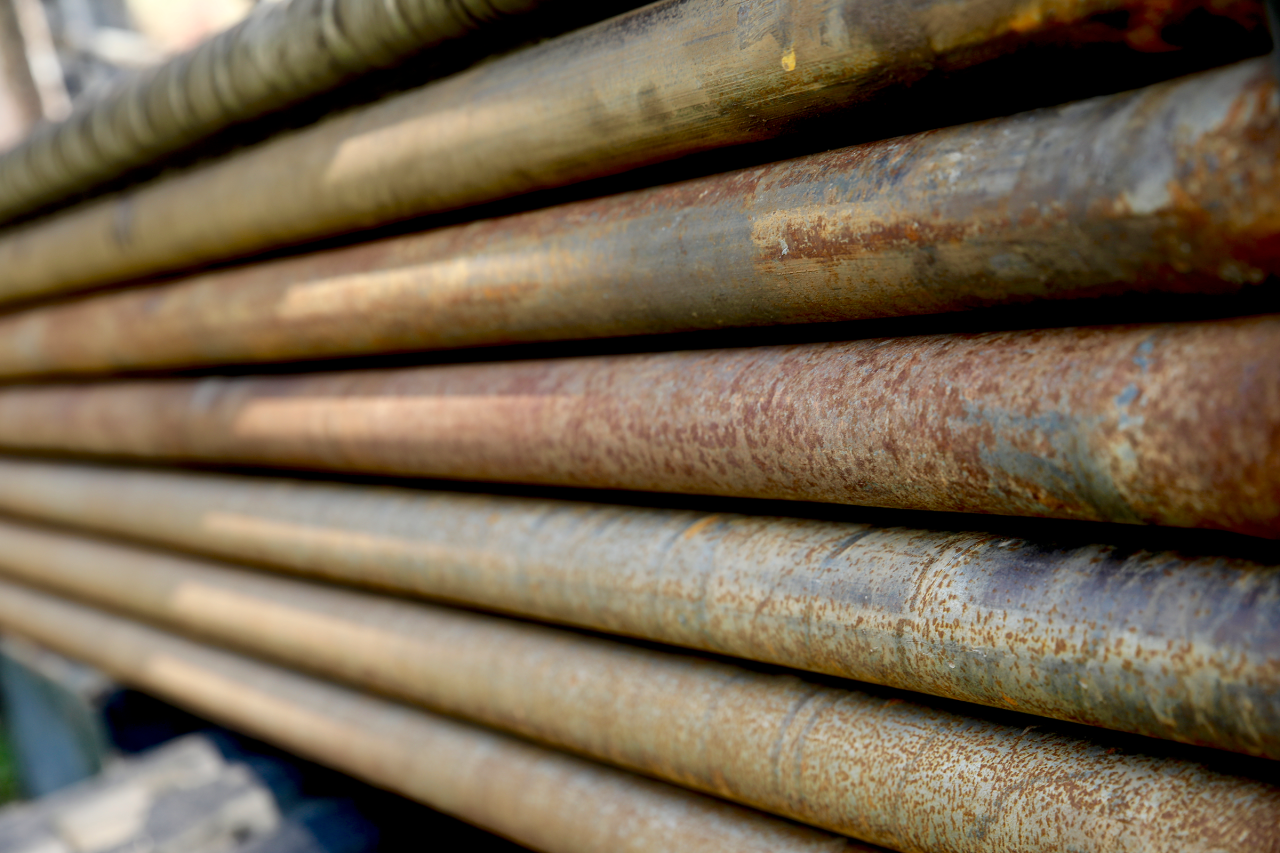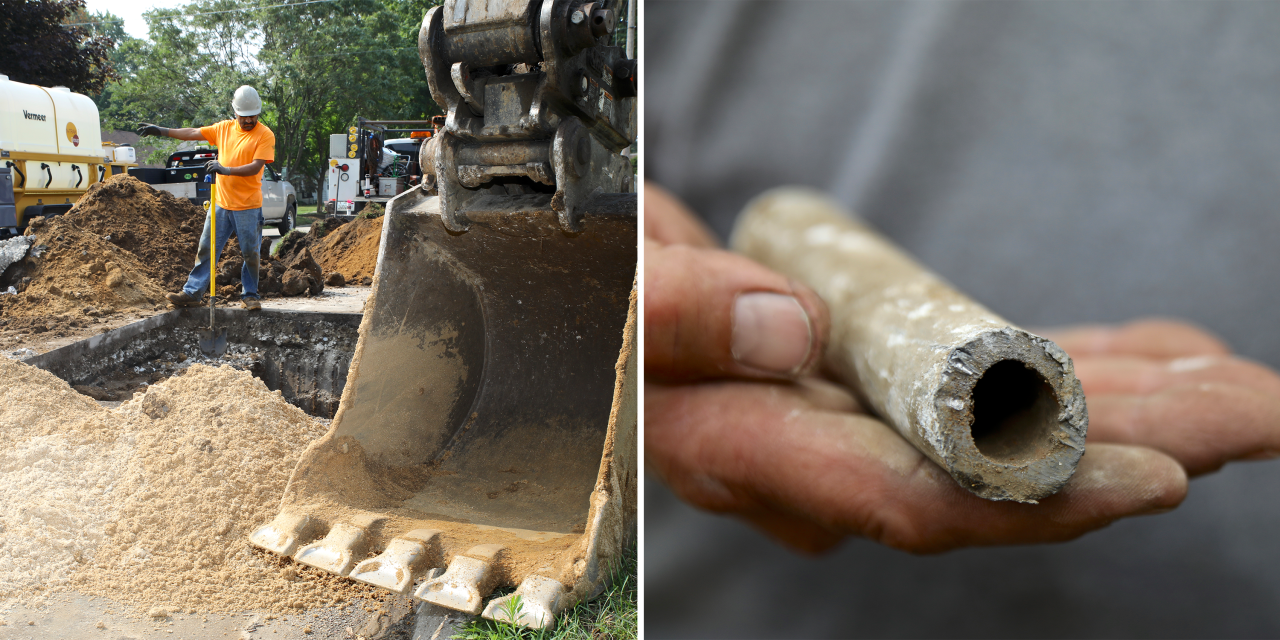Drinking Water and Wastewater Infrastructure Act means long-term improvements
The United States Environmental Protection Agency (EPA) shared information on the Drinking Water and Wastewater Infrastructure Act, which comprises the water and wastewater provisions of the Infrastructure Investment and Jobs Act. The Senate approved the Act in August 2021, and the House passed it Nov. 5.
We eagerly wait to see the difference additional funding will make for the country's infrastructure and the positive impact it could have on sustainability for clients and communities.
Here are some quick takes of what we know so far:
- The Act provides about $50 billion for water and wastewater infrastructure improvements over the next five years.
- Lead service line replacement is a high priority with $15 billion dedicated to the effort. President Joe Biden has an ambitious goal of replacing all lead service lines in the country. The program intends to pay to replace public and private lead service lines and mitigate the risk, which would remain after partial service line replacement (i.e. only replacing the publicly owned lines). Funds will be available to develop lead service line inventories, but replacement projects may be authorized to proceed without a complete inventory.
- The government is allocating $10 billion to drinking water programs to focus on identifying and removing emerging contaminants such as per- and polyfluoroalkyl substances (PFAS), an industrial "forever chemical."
- An additional $13 billion is allocated to clean water programs for wastewater and stormwater management.
According to the Environmental Protection Agency, the money will be administered through State Revolving Fund (SRF) programs with 49% of all funds provided as grants or loans that are 100% forgiven. An emphasis will be placed on providing funds to historically underserved communities. The government will not require typical financial capacity to procure SRF loan funding for money obtained as grants or principal forgiveness loans.
The EPA recognizes adequate planning and engineering for water and wastewater improvements can be a tall task for underserved communities. Funds will be made available for technical assistance. Radhika Fox, Assistant Administrator for the U.S. EPA Office of Water, requested feedback from local clean water agencies to identify the type of technical assistance they might need.
Over the course of the next several months, federal agencies will distribute dollars to states and cities. They'll face decisions on which communities will receive this money and how much they'll get. These dollars are critical to improving our water and transforming infrastructure. We're thrilled to support our clients by helping them secure funding and consult with them on infrastructure upgrades. Improved water infrastructure will make the lives of those who live, work and play here better and will serve as a foundation for a healthy economy.
Fehr Graham enjoys helping our clients identify, plan and design the water and wastewater infrastructure projects to ensure future generations have access to clean drinking water and a healthy environment. We will continue to work with the SRF administrators to find ways to make necessary and valuable infrastructure improvements affordable. Contact us to learn more about our services, or give us a call at 630.897.8380.
Collaborative, Insightful, Results-Driven Solutions
Fehr Graham provides innovative engineering and environmental solutions to help improve the lives and communities of our customers.




